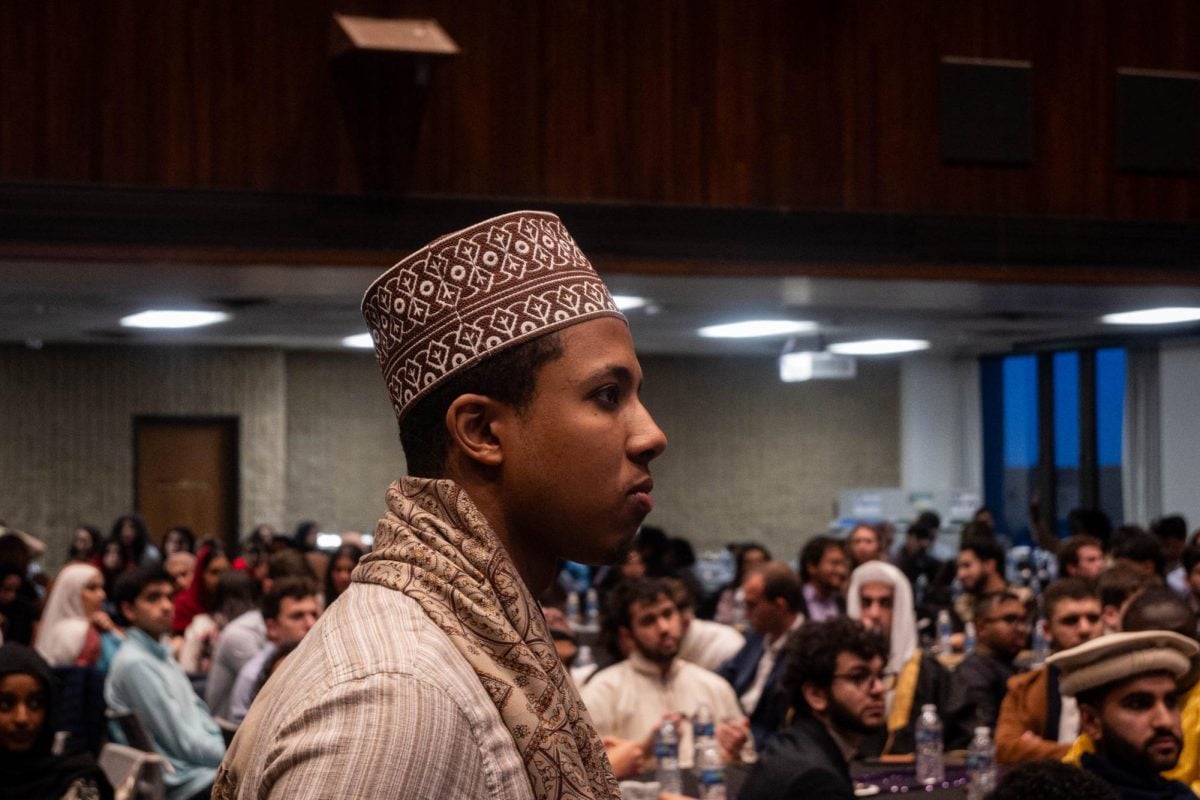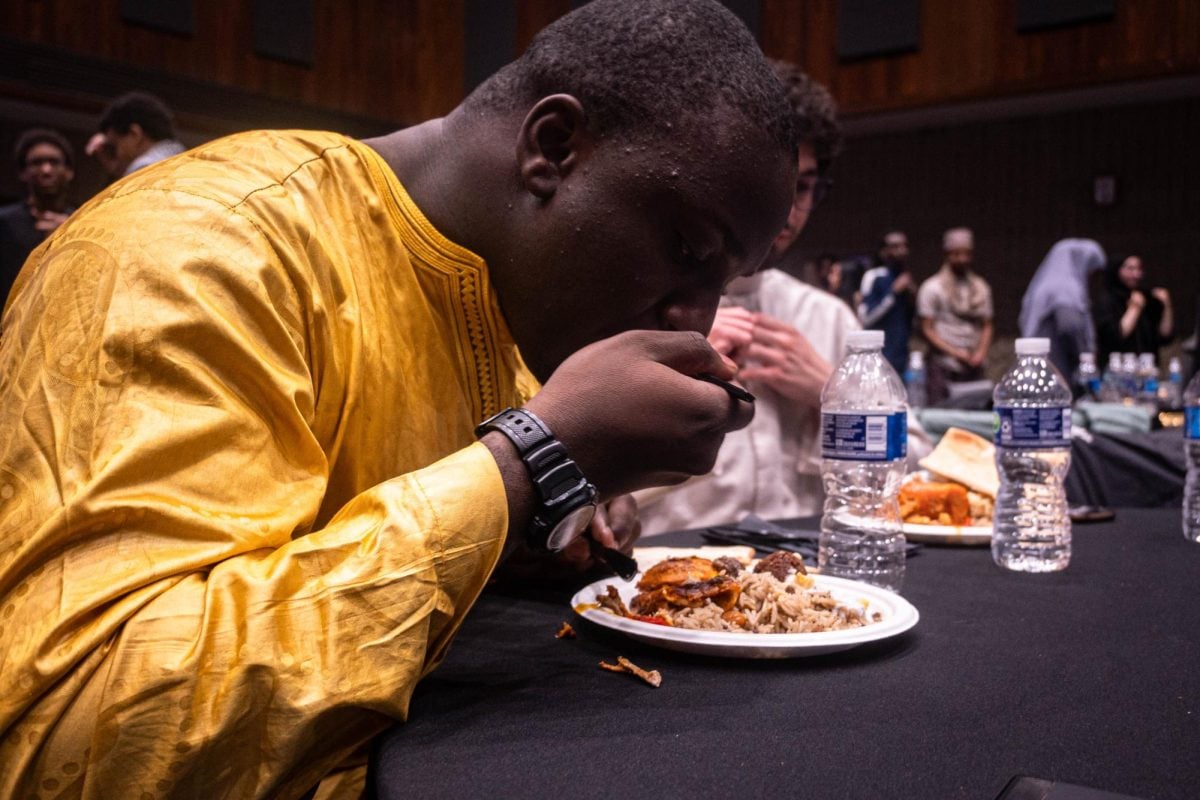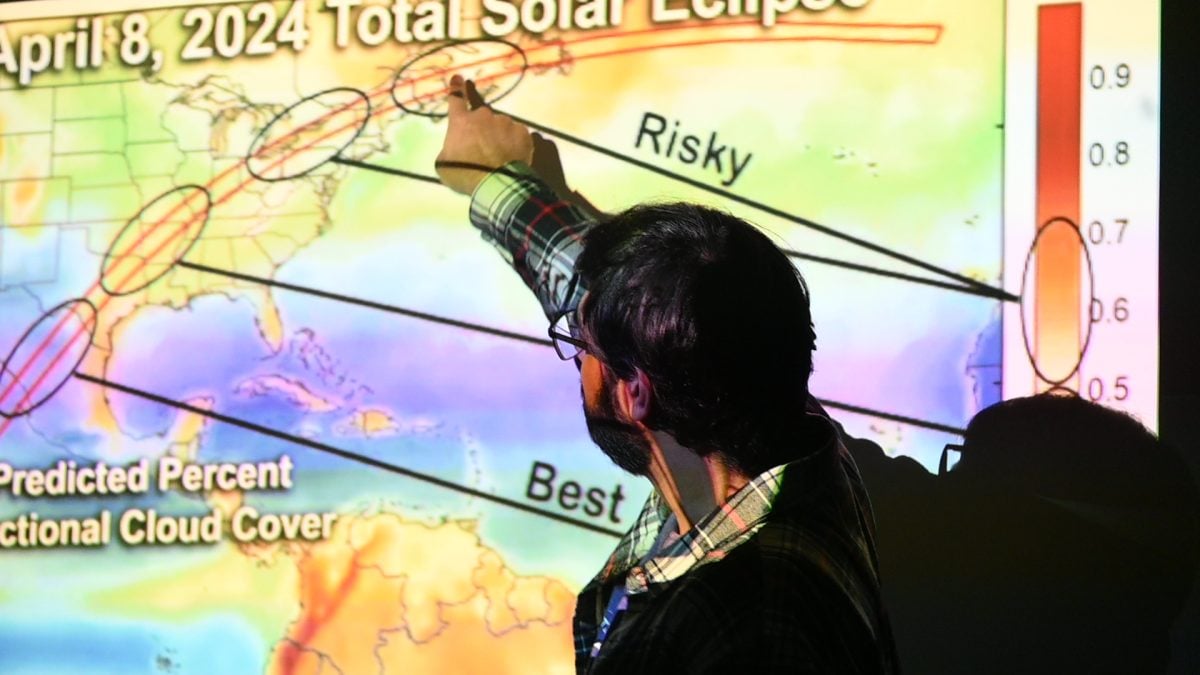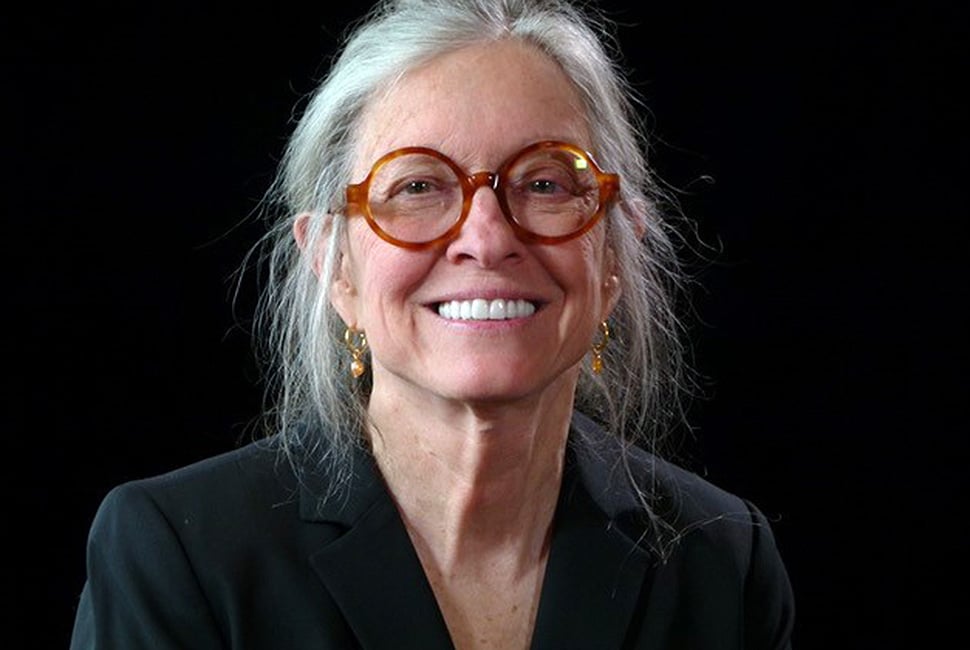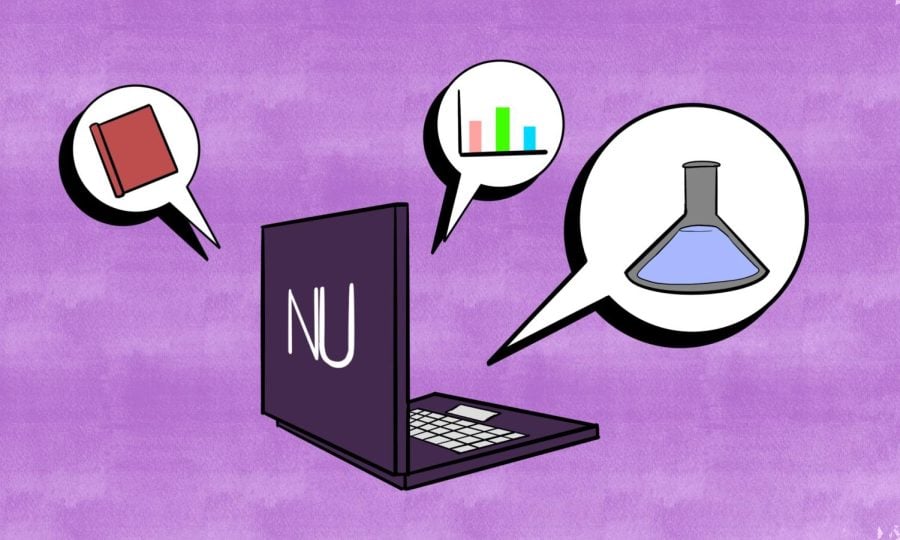At 7:12 p.m. Wednesday, about 160 Muslim students gathered in Parkes Hall to break their fast with a chewy, sweet date.
Every year, the Muslim-cultural Students Association holds iftars during Ramadan, a 29 or 30-day period of fasting from sunrise to sunset. Iftars are the evening fast-breaking meals during Ramadan, typically eaten with family and friends after the Maghrib prayer.
“This brings grounding and the spiritual aspect that sometimes gets taken away when we’re consumed in our academic lives or on campus,” Communication sophomore Edina Naherovic said.
For students away from family, iftars also provide a sense of community.
Salma Mostafa, a first-year sociology graduate student from Egypt, said she hopes to meet new people during iftars.
“This is my first time connecting with the Muslim community at Northwestern,” Mostafa said. “It’s been pretty amazing, especially being far from home.”
Iftars are usually treated as a time of celebration. However, in light of the current war in Gaza, this year’s Ramadan also holds a sense of shared grief and pain for some.
Israel’s continued ground and air offensive in Gaza has killed more than 32,000 people, according to Palestinian authorities. The ongoing war follows the militant group Hamas’ Oct. 7 attack in Israel, which killed about 1,200 people, according to Israeli authorities.
Mostafa said the Palestinian cause is familiar to the Muslim community because a large majority of Palestinians are Muslim, and many Muslims have a shared understanding of how non-Muslim communities can stereotype the religion. Coming from a predominantly Muslim country, she added that she has been coming to terms with changes in how Muslim culture is perceived in the U.S.
“I think that’s why I need it more than ever right now — to be able to connect with people who come from a similar place,” Mostafa said. “We have a sense of shared pain about what’s going on.”
Since McSA is one of the largest Muslim community groups on campus, the organization works with Religious and Spiritual Life and the University to coordinate and ensure meals for Muslim students during Ramadan.
SESP junior and McSA co-president Rayyana Hassan said McSA’s main goal is to provide daily iftars at Foster-Walker Complex’s dining halls with halal and zabiha-certified meals, as well as later dining hours.
Part of Islamic culture is the ability to recognize and celebrate how others practice their religion, Mostafa said.
“We are told since we were young that we are made into so many different people, so many different cultures,” Mostafa said. “It’s just amazing to be able to get to know people and see where they’re coming from.”
Regions around the world have local traditions surrounding the food eaten during iftar. Most common are rice and meat dishes and small appetizers meant to be shared down a table, Hassan said.
The catered food at NU iftars draws from a variety of ethnicities to capture the diversity of the religion and provide students a reminder of home.
“A lot of people’s memories with Ramadan is a community space, a family,” Hassan said. “We have a lot of South Asian background, Arab background, as well as West African and East African backgrounds in our food that we’re representing this month.”
McSA will continue to hold events during the remainder of Ramadan, which ends Apr. 9. Community iftars are open to Muslim students, and McSA organized a Wildcat Iftar that was open to all students on Sunday night.
Weinberg sophomore Louis Chavey attended Wednesday’s iftar with a Muslim friend, wanting to see what an iftar is like and enjoy the good food.
He said he noticed the large and supportive community at the event and appreciates everyone’s effort to gather together amidst busy schedules.
“Even if I might not be knowledgeable about the religion or the practices and stuff, I think I can definitely still offer my presence, my company and my support in that way,” Chavey said.
Hassan said she encouraged students to invite their non-Muslim friends or professors to the Wildcat Iftar. The goal is to have them “feel welcome in that same space as our Muslim brothers and sisters do,” she added.
“It’s not just their Muslim allies supporting (the Muslim students), it’s also a wider community that wants to celebrate them as well,” Hassan said.
Email: [email protected]
X: @kelleylu_
Related Stories:
— As exam week nears, Muslim students observing Ramadan call for more equitable accommodations
— McSA hosts Eid Al-Fitr banquet to celebrate end of Ramadan
— Muslim-cultural Students Association hosts Wildcat Community Iftar Banquet to celebrate Ramadan











